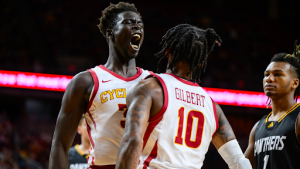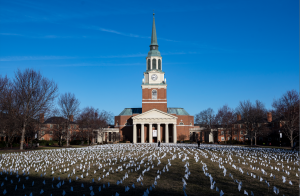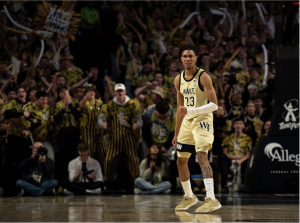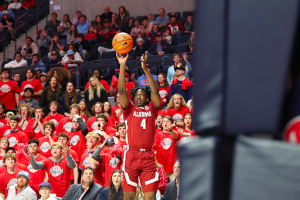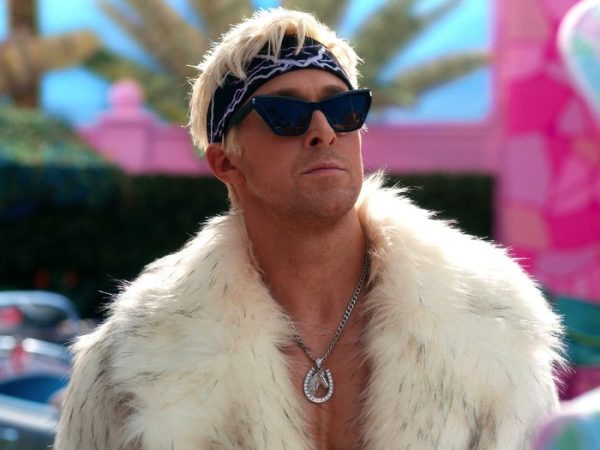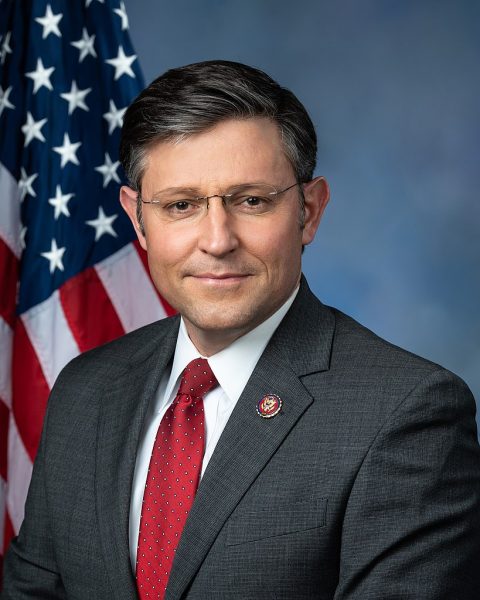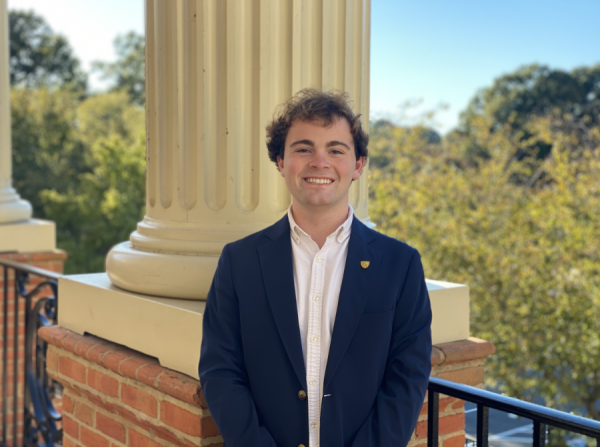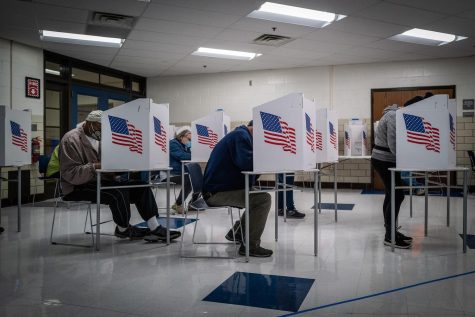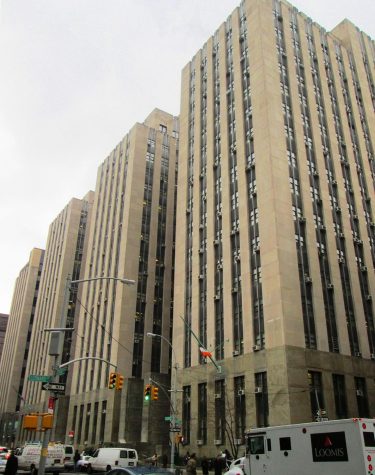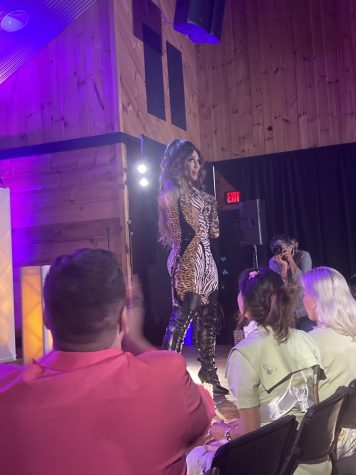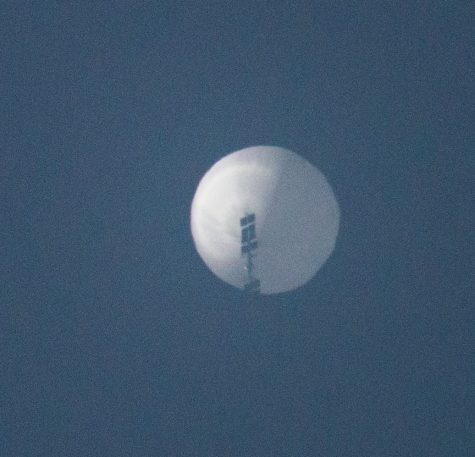Voting carries crucial social responsibility
Those able to vote should do so for those who, as it stands, cannot vote themselves
October 29, 2020
Many individuals hope to make their voices heard in the upcoming election as strong feelings toward administrations in power propel many to vote. However, according to the United States Census Bureau, only 61% of potential voters voted in the 2016 election, a percentage which hardly varied from the previous presidential election.
Despite holding these strong opinions, many people do not act on them. Common excuses for not voting among the remaining 39% include: lack of interest in politics, disagreement with parties’ ideals and namely, the perspective that one’s vote must be won. Although the former two excuses are arguable, it is the latter that I will discuss in the remaining portion of this article, an article that isn’t meant to bring a political issue to the forefront, but rather to impose knowledge on potential voters that may propel them to: a) acknowledge their vote has already been earned, and b) visit a voting booth.
When I was 22-months-old, my father was killed during active Army duty. It was a tragic time that our family dealt with for years. It is ironic that during his 20th year of service, the year he was preparing to retire, he was killed in a plane crash that was not a result of pilot-error, making him a hero. Unfortunately, this is a diminutive percentage of all the lives lost in the military. Many soldiers gave up their irreplaceable lives, leaving their families with permanent absences. America’s protection and safety is the cause of this loss of life. Whether you agree or disagree that America is valuable and worthy of our time and effort, it’s certainly worth our time and effort to remember the men and women who protect us. In essence, these soldiers are our representation. Not only are they the individuals we rely on for protection, but they are also the people who go out into the world and represent us. The President of the United States may be a figurehead, but our soldiers are the only Americans some communities see. I am so grateful for these precious lives who selflessly act to provide for our protection and freedom.
We stand united, and despite our divided political affiliations, we are unified under the same principle: democracy…”
Now you may wonder what this has to do with voting. We vote because we can, and others, like my father, cannot. We cast our ballots because the freedom to do so is a product of all the sacrifices our selfless representatives make. Their precious lives buy our freedom and grant us the right to vote. This is the reason my dad died. He wasn’t risking his life for nothing; he only put his life on the line for something worthy of it: family. Because whether we like it or not, we are connected.
Each of us is united under the stars and stripes. We are broken; we are falling apart at the seams. But we also have the capability of sewing each other back together. We stand united, and despite our divided political affiliations, we are unified under the same principle: democracy, as imperfect as it can be at times. It’s the potential that we recognize. The potential for greatness that we, as well as our identity-bearing soldiers, identify, pursue and defend. We vote out of respect for their sacrifices and to make a small contribution to our country, a contribution that is minute compared to the immeasurable sacrifices our soldiers make every day of their lives. They are what make casting our ballots worthy of our time, effort and so much more. Our vote has already been won tenfold and we owe it to our representatives to participate in the system they are fighting to preserve.


